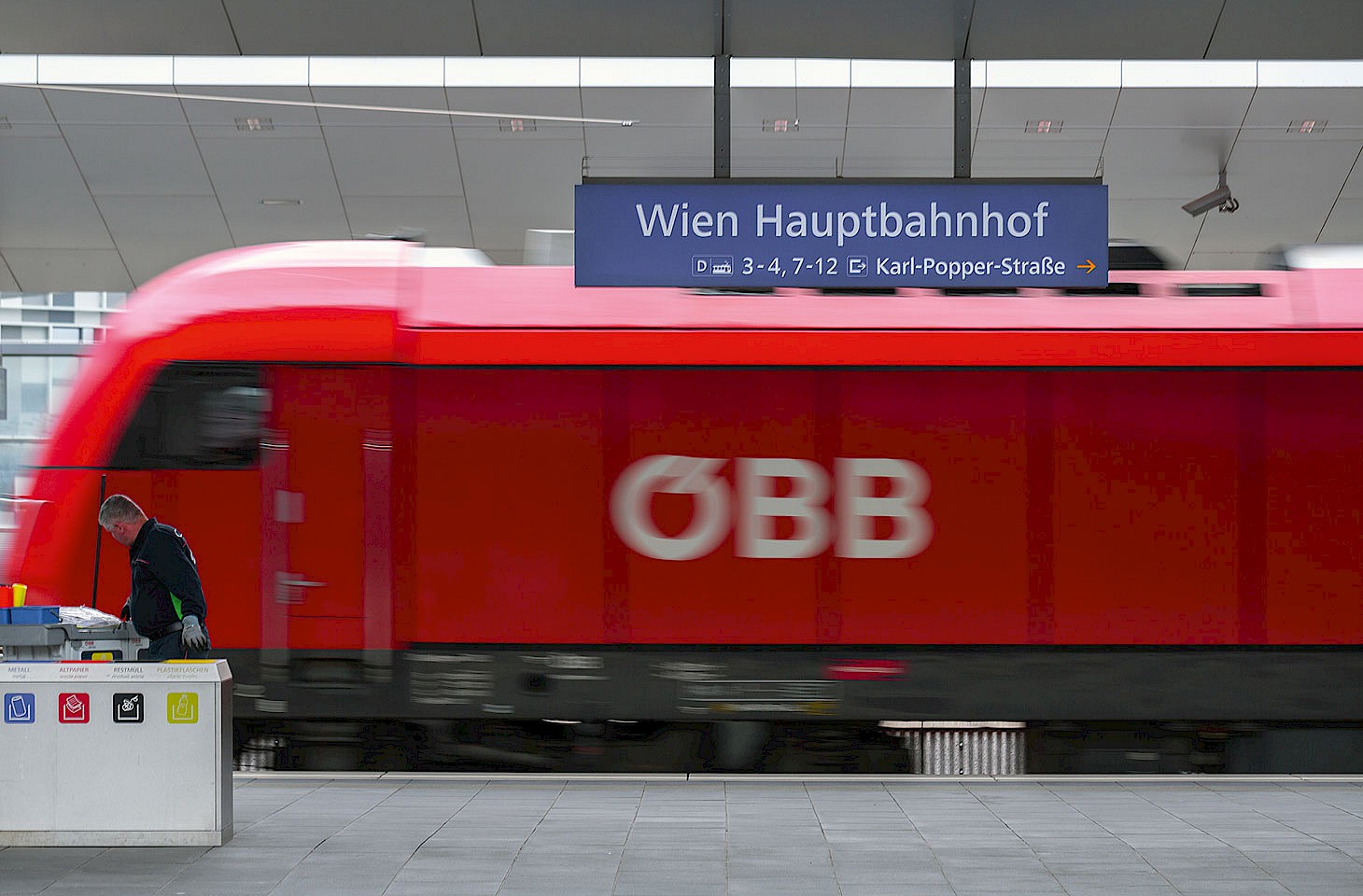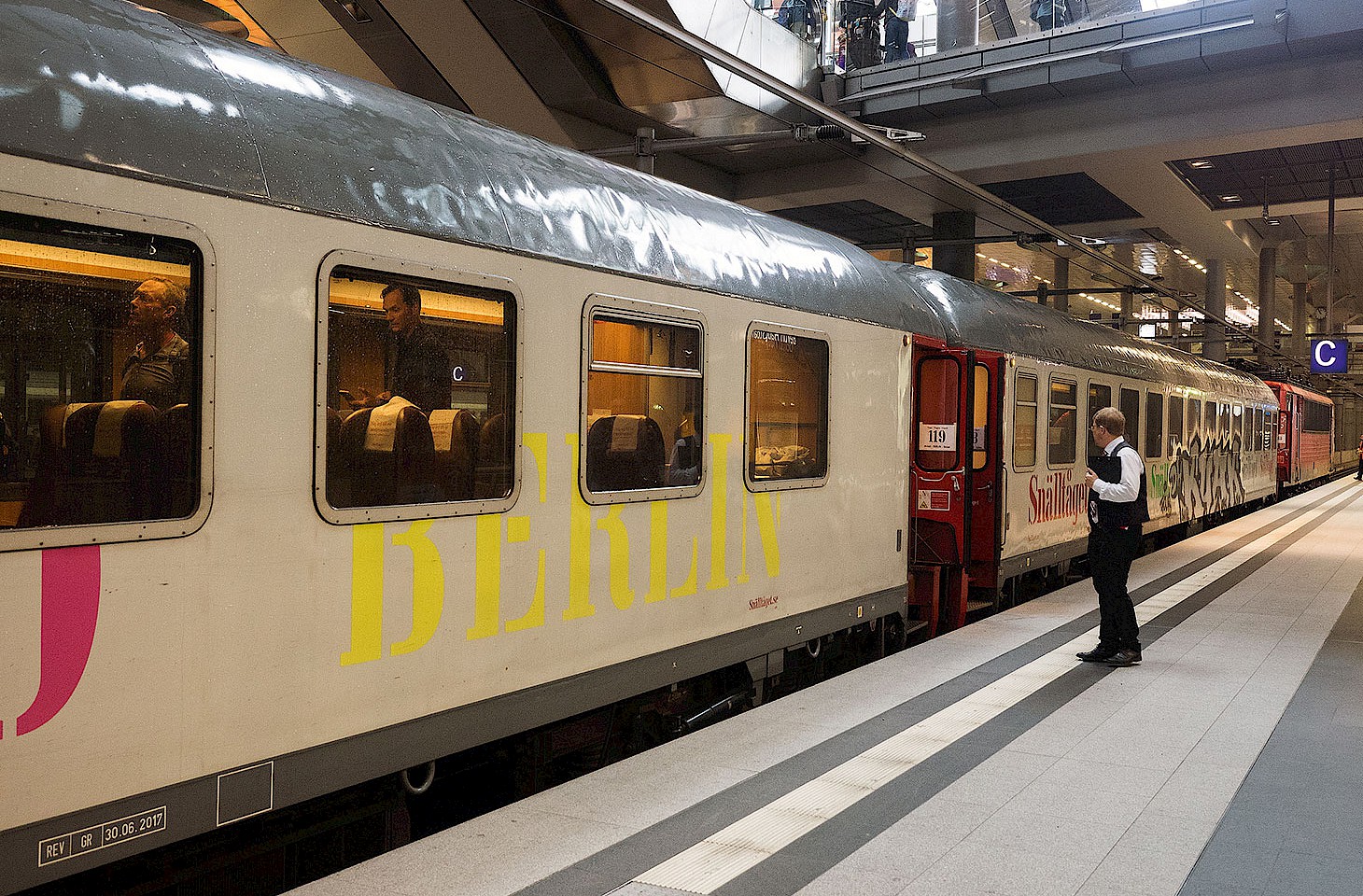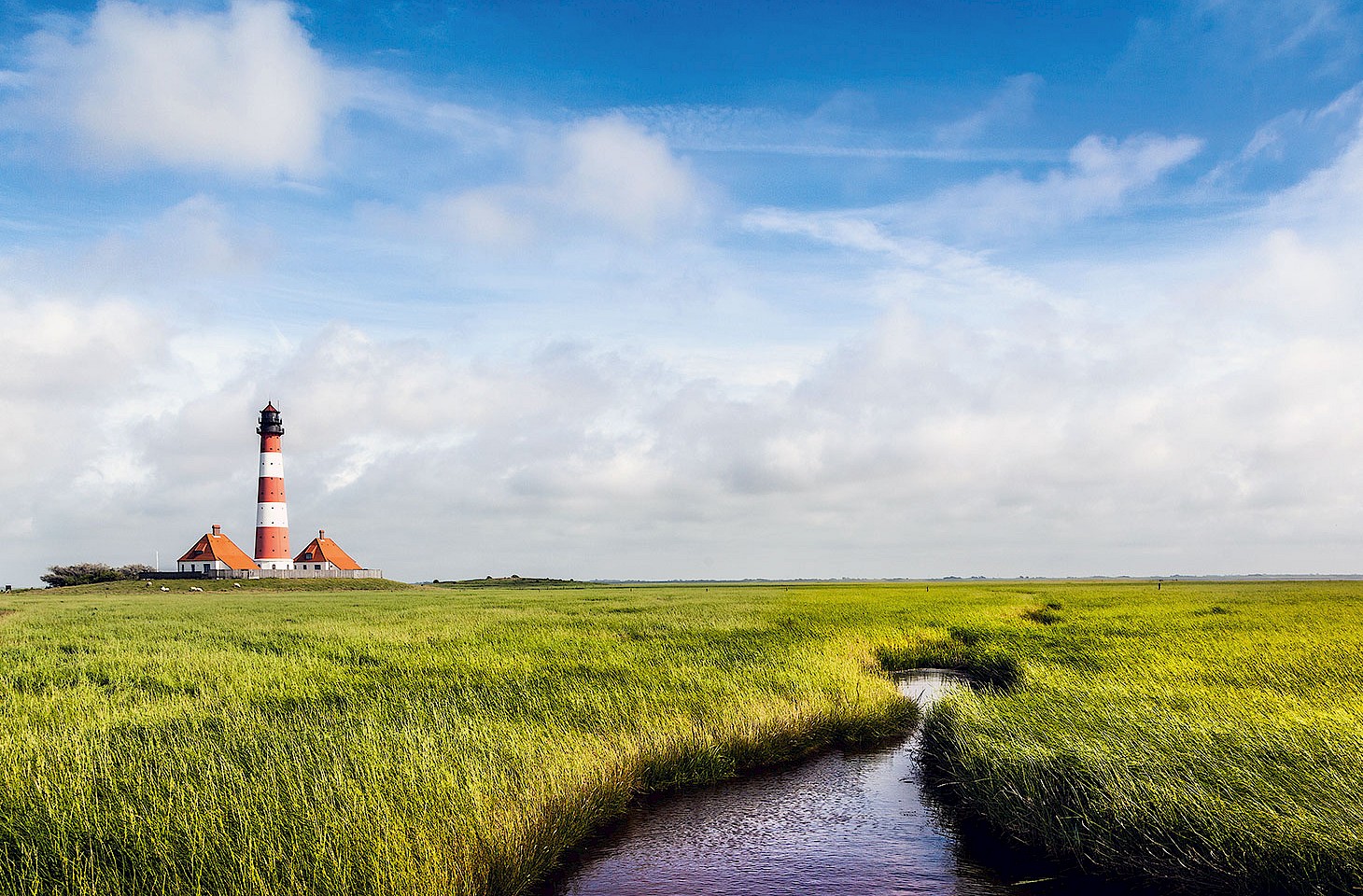Filiz Tazkin took the train from Istanbul to West Germany in 1964. She was just 20, had worked in Turkey as a seamstress and was keen to start a new life abroad. And almost half a century later, on 26 October 2011, she stood on the very same platform at Istanbul Sirkeci railway station and recalled the moment when she had climbed aboard a train for the long journey by rail to better prospects in a foreign land.
It was fifty years ago this autumn that the Federal Republic of Germany agreed with Turkey the accord that was to enable one of the greatest migrations of workers in recent European history. The early migrants were mostly men, but by 1964 women were among the millions of young hopefuls who moved north to reap the benefits of Germany’s Wirtschaftswunder (economic miracle). Filiz Tazkin was among them.




